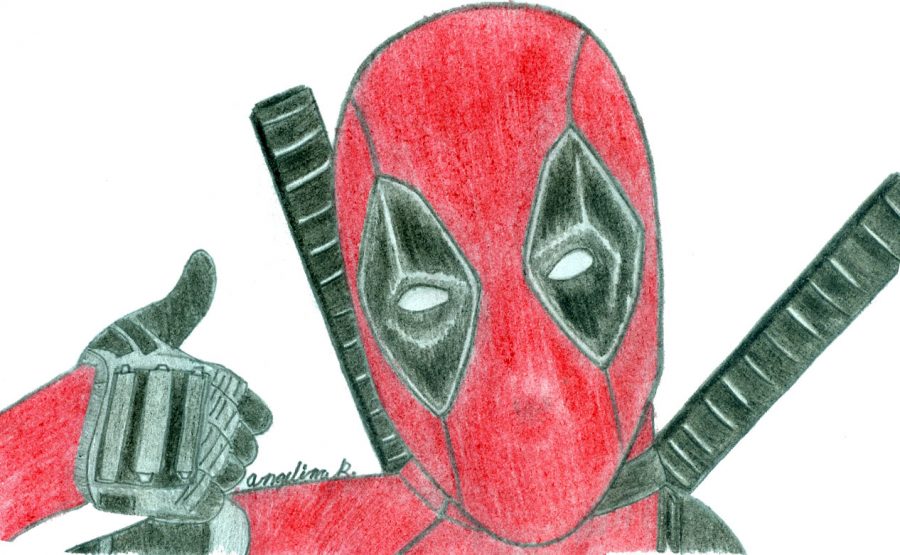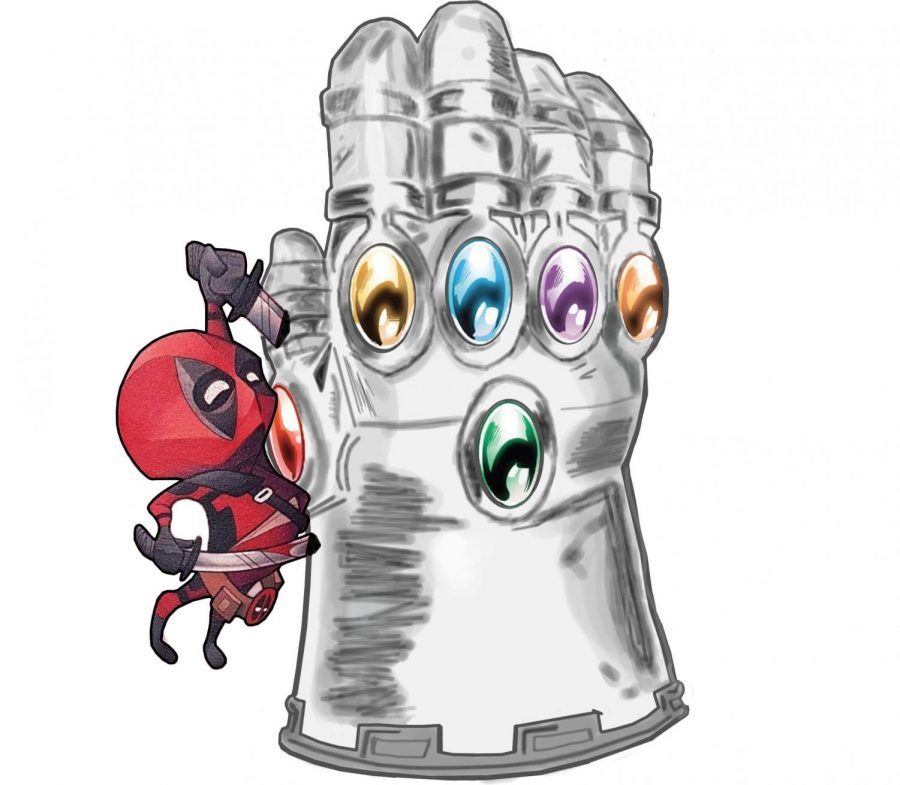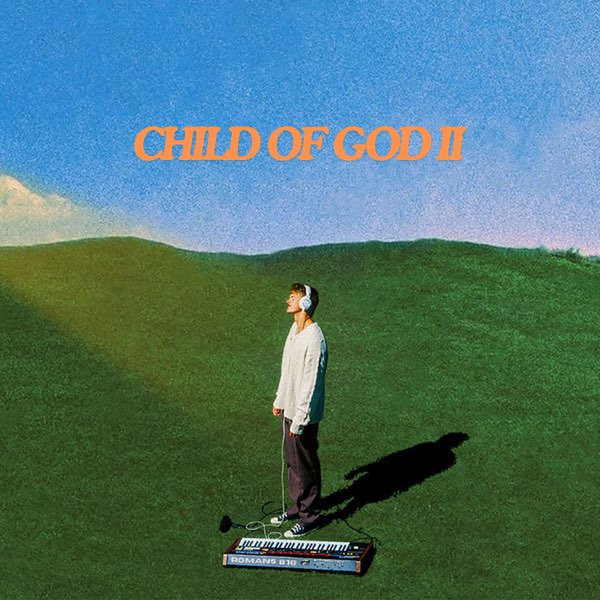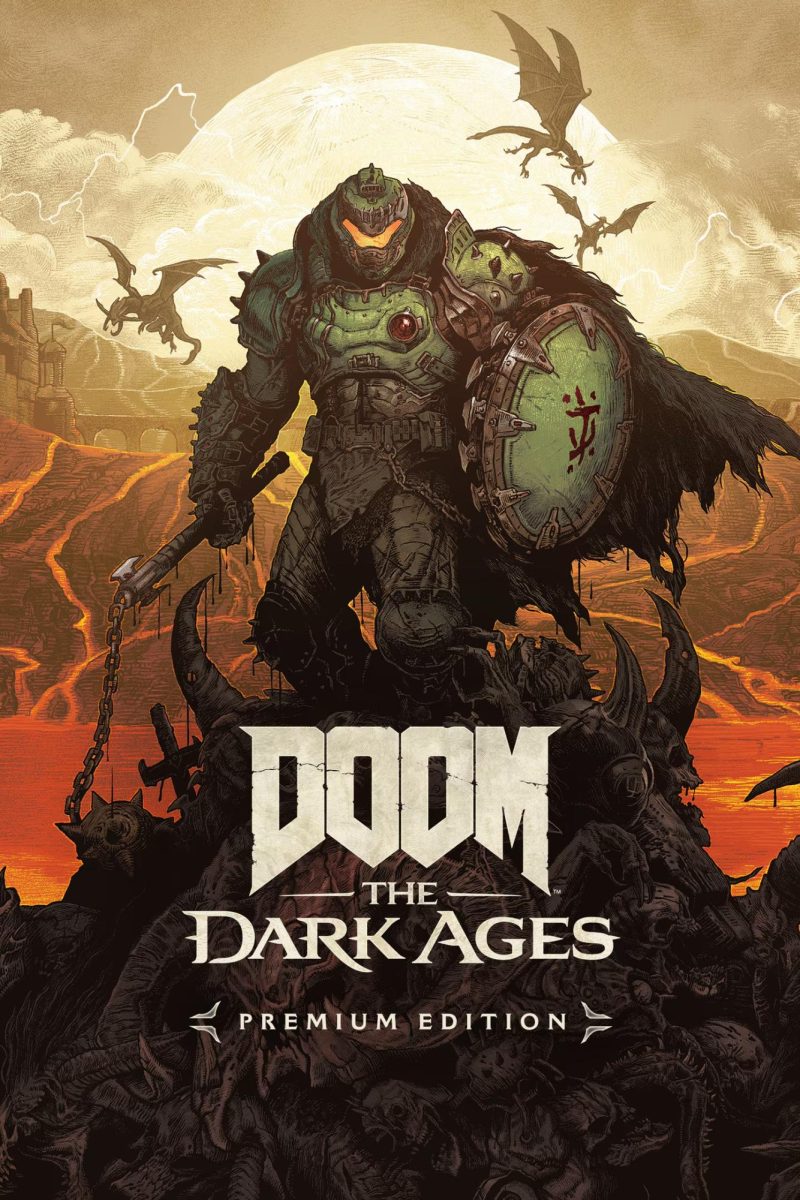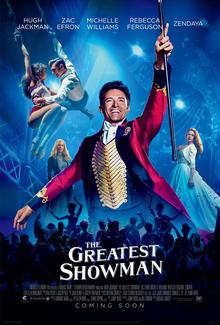
Grossing more than $115 million in the U.S. and Canada alone, “The Greatest Showman” has dazzled fans and critics with smash-hit musical numbers and single-handedly resuscitated Zac Efron’s acting career. Trailer after delightfully gaudy trailer brought the movie national attention in late 2017 and fans poured into theaters Dec. 8 to experience the highly-anticipated musical for themselves.
After watching the film, I can attest that “The Greatest Showman” is an entertaining, feel-good musical that attempts to encourage audiences to embrace their uniqueness. At its core it is a rags-to-riches story centered around Phineas Barnum, founder of the famous Barnum and Bailey circus and con man extraordinaire.
La la Land’s Pasek and Paul contributed to the movie’s excellent score featuring fast-moving musical numbers like “This Is Me” and “The Greatest Show,” which I firmly believe is its best quality.
The first scene, featuring Hugh Jackman in a fantasy musical sequence, draws the audience immediately into Barnum’s colorful world and there they stay. Jackman as Barnum carries most musical performances, with the very notable exception of “This Is Me,” performed instead by the incredibly talented Keala Suttle. I had never had the privilege of hearing Suttle’s powerful voice before “The Greatest Showman” but it is beautiful, strong and nuanced.
Suttle’s character, the bearded lady of Barnum’s circus, has a great character arc. In the beginning of the movie, she is incredibly shy due to bullying because of her facial hair; by the end, she grows into a confident leader who is not afraid of anyone. Her development as a strong, independent woman who does not let her differences stop her is showcased in the triumphant musical number “This Is Me,” in which she assumes a leading role.
The dynamic between her and the other circus performers is one of heartwarming camaraderie, which really lends emotion to the movie. Seeing Barnum’s ragtag group of performers come together into a family was not only touching but refreshing in a movie filled with empty, trite attempts at the “be yourself” cliche. Suttle as the bearded lady is a maternal figure in this unlikely family, gluing them together with her indomitable strength and newfound fearlessness. I would not have minded if the whole movie had been about Suttle’s character. Unfortunately, it instead focuses on Barnum.
The most glaring problem with the writing of “The Greatest Showman” was its blatant revisionism. Barnum is depicted as an open-minded proponent of racial equality; his hiring of the Wheeler siblings is lauded as a testament to his noble character and virtue. Yet the real Barnum was far from the cleaned-up showman the movie presents.
The real Barnum did include African-Americans in his show—but not as performers and definitely not in order to celebrate diversity. The African-Americans in Barnum’s show were treated like zoo animals. Most shocking of Barnum’s abuses is the enslavement and physical maltreatment of 80-year-old Joice Heith, who he displayed in his circus as the 106-year-old “mammy” of George Washington. In order to make her supposed age more believable, Barnum get Heith drunk and had her teeth removed.
The film does attempt to address racism through the character of Ann Wheeler, a young African-American trapeze artist played by the talented Zendaya Coleman who falls in love with a wealthy caucasian man. Their love story is intended to be the film’s acknowledgement of the racism of the time, yet it fell almost laughably flat when the movie hastily resolved the characters’ complex struggle in order to make time for yet more glowing depiction of Barnum as the performers’ savior and beloved father figure.
This film’s glorification of Barnum is a disturbing erasure of the realities of the time. If “The Greatest Showman” had focused on telling the story of those shunned by mainstream society instead of the glitz of show biz, it would have had more substance.
While watching the movie, I was captivated by the emotional appeal of the score and characters. The tragedy of Barnum’s early childhood even moved me to tears more than once. However, as the movie progressed, the writers’ insensitive handling of Barnum’s real-life legacy and the way they glossed over the small part of a person of color’s experience that they did address left me dissatisfied with “The Greatest Showman.”
If you are only interested in an hour and 45 minutes of entertainment, this is a great movie for killing time; if you are in search of substance or honesty, I would advise you to look for it elsewhere.


